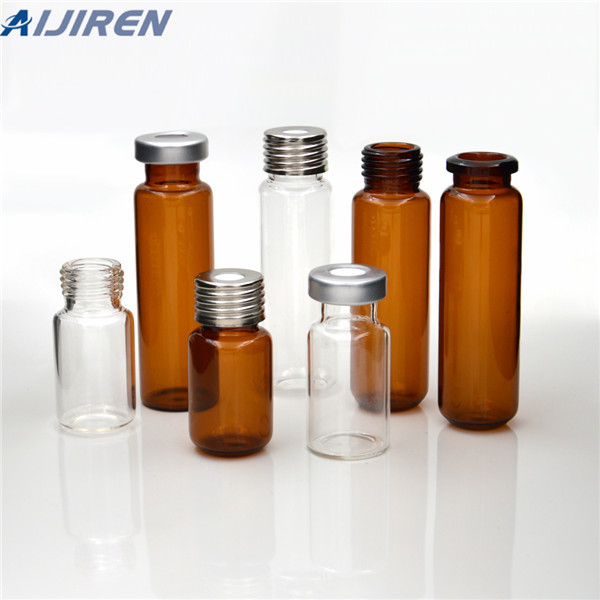.png)
Storage of UNOPENED insulin: Insulin is very sensitive to sunlight, indoor lights, and to extremely hot or cold temperatures. Insulin is not OK to use if exposed to very hot or cold weather. The three drug manufacturers of insulin in the United States say UNOPENED insulin is best stored inside the fridge [2° to 8°Celcius (36° to 46
.png)
Proper Use. Drug information provided by: Merative, Micromedex® Penicillins (except bacampicillin tablets, amoxicillin, penicillin V, pivampicillin, and pivmecillinam) are best taken with a full glass (8 ounces) of water on an empty stomach (either 1 hour before or 2 hours after meals) unless otherwise directed by your doctor.
.jpg)
Print. Proper preparation is critical for maintaining the integrity of the vaccine during transfer from the vial to the syringe. Always use aseptic technique and follow infection prevention guidelines when preparing vaccines. Aseptic technique refers to the manner of handling, preparing, and storing medications and injection equipment/supplies
.jpg)
Sep 12, 2023 · Best Practices for Blood Vial Storage 1. Temperature Control:. Maintain proper temperature control throughout the storage process. For short-term storage, 2. Light Protection:. Avoid exposing blood vials to direct light. Light exposure can lead to the degradation of certain... 3. Security and ...
.jpg)
Tips for proper medicine disposal. Mix the medicines (do not crush tablets or capsules) with an unpalatable substance such as dirt, kitty litter, or used coffee grounds. This prevents thievery or diversion of medicines from the trash. Then, place the mixture in a container such as a zip-lock or sealable plastic bag, and throw the container away
.jpg)
• Equalize vial pressure before removing the needle from the vial by withdrawing 1.8 mL of air into the empty . diluent . syringe • Discard any saline remaining in the diluent vial. 2. • Using aseptic technique, withdraw 1.8 mL of sterile 0.9% Sodium Chloride Injection, USP into a transfer syringe with a 21-gauge or narrower needle.
.jpg)
Assessment: (Proper drug storage) -- Y = all drugs and biologicals are stored properly (locked and at proper temperature); N = drugs and biologicals not stored properly. 64B16‐29.005 Storage. All controlled substances, medicinal drugs or legend drugs shall be stored in a safe place. At a minimum, this shall

1. Where should I draw up medications? Medications should be drawn up in a designated clean medication preparation area that is not adjacent to potential sources of contamination, including sinks or other water sources. Water can splash or spread as droplets more than a meter from a sink.
.jpg)
Tips and Guidance for Total Coliform and . E. coli . Sampling . Some Tips on Collecting Samples • Remove any attachments on the faucet • Allow water to flow for 5 or 6 minutes before sampling • Do not rinse or overfill container • Always collect cold water; never sample hot water • Do not touch the inside of the sample bottle or its cap
.jpg)
recommendations pertaining to safe storage of that medication outside of its original container.3,22 Only vials clearly labeled by the manufacturer for multiple dose use can be used more than once. Limit the use of a multiple-dose vial to only a single patient, whenever possible, to reduce the risk of contamination.23,24,25
.jpg)
Feb 15, 2023 · The process of injecting the needle into the vial is assumed to be straightforward. Nevertheless, poor technique in this process often results in injectable medications becoming “cored” or leaky. You should inject into the vial at a 45° angle with the bevel of the needle facing up (5,6).
.jpg)
After aliquoting the suspension into cryogenic screw-cap vials, the cells are snap-frozen by immersing the tubes in either ethanol-dry ice or liquid nitrogen and then stored in freezers (‑20 to -80°C) or liquid nitrogen (-150°C). 5 Repeated thawing and refreezing of the bacterial stocks will reduce cell viability and should be avoided.
.jpg)
Aug 16, 2019 · Wear gloves. Remove (forestrip) three or four streams of milk from the quarter being sampled to minimize chances of sample contamination from bacteria in the teat end. Brush any dirt, debris, or bedding particles from the udder and teats. Predip with an effective teat dip (for example, 0.5% iodine or 4% hypochlorite) leaving the predip on the
.jpg)
equipped with all of the materials and vials that are used in the blood handling and processing. The centrifuge, refrigerator, and freezer should be nearby. 5.6 Preparation of Participants 5.61 Ensure that informed consent has been obtained before drawing blood. This study depends on and requires the voluntary cooperation of the participants.
.jpg)
STORAGE INSTRUCTIONS. Store unused Lantus vials in the refrigerator between 36˚F to 46˚F (2˚C to 8˚C) Store in-use (opened) Lantus vials in a refrigerator or at room temperature below 86˚F (30˚C) Do not freeze Lantus; Keep Lantus out of direct heat and light; If a vial has been frozen or overheated, throw it away